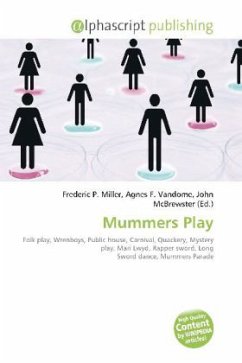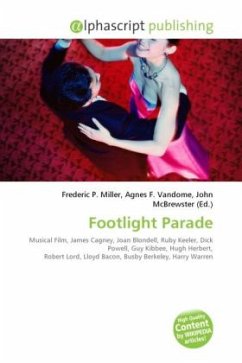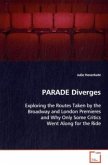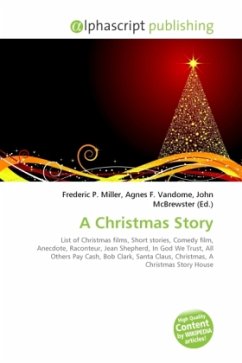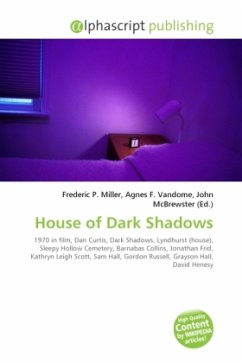Please note that the content of this book primarily consists of articles available from Wikipedia or other free sources online. Mummers'' Plays (also known as mumming) are seasonal folk plays performed by troupes of actors known as mummers or guisers (or by local names such as rhymers, pace-eggers, soulers, tipteerers, galoshins, guysers, and so on), originally from England (see wrenboys), but later in other parts of the world. They are sometimes performed in the street but more usually as house-to-house visits and in public houses. Midwinter Mummers at the Whittlesea Straw Bear 2009. Although the term "mummers" has been used since medieval times, no play scripts or performance details survive from that era, and the term may have been used loosely to describe performers of several different kinds. Mumming may have precedents in German and French carnival customs, with rare but close parallels also in late medieval England (see below). The earliest evidence of mummers'' plays as they are known today (usually involving a magical cure by a quack doctor) is from the mid to late 18th century. Mumming plays should not be confused with the earlier mystery plays.
Bitte wählen Sie Ihr Anliegen aus.
Rechnungen
Retourenschein anfordern
Bestellstatus
Storno

